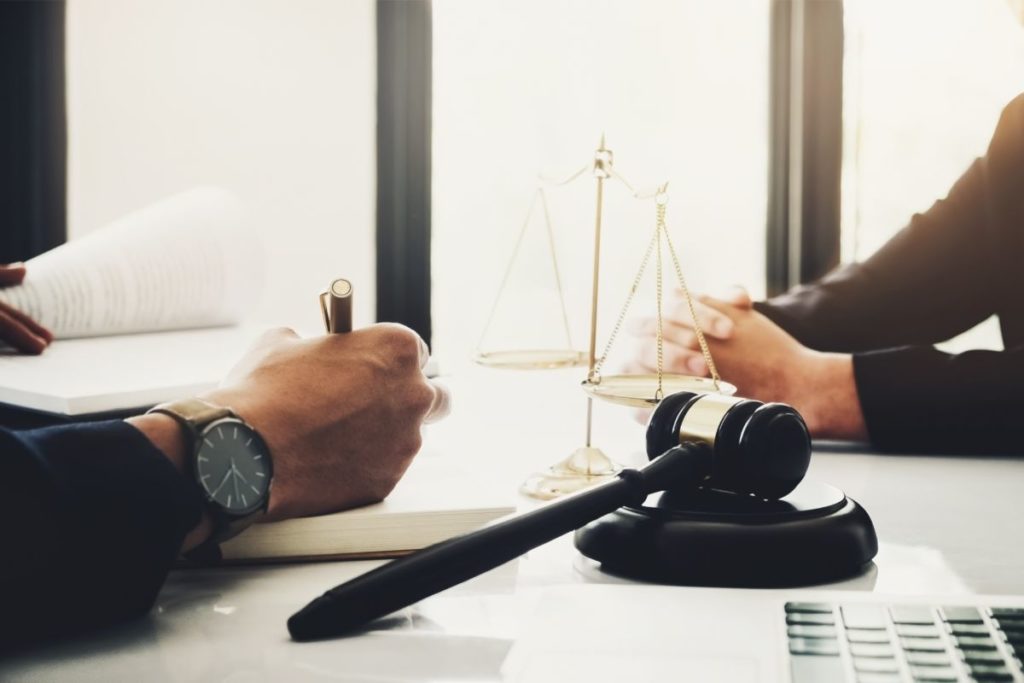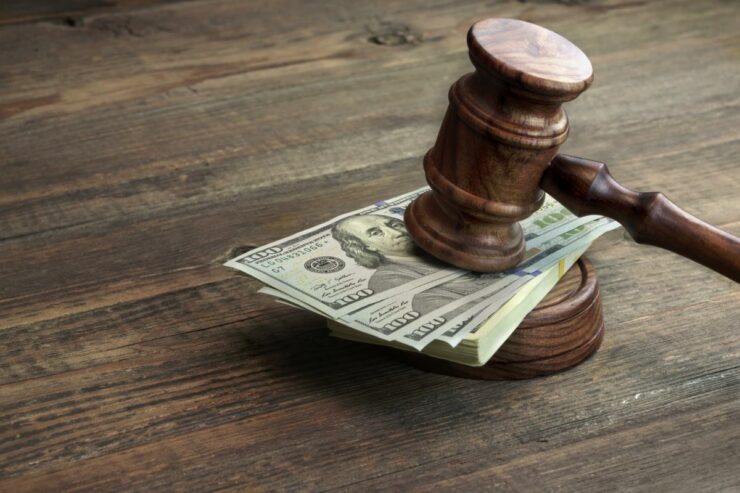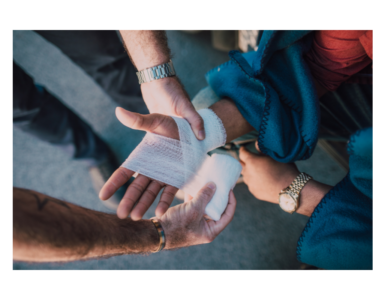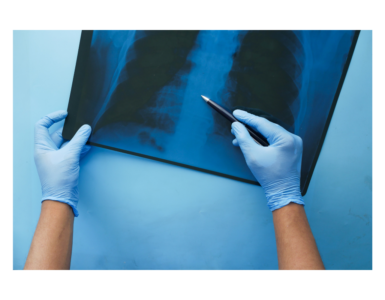Personal injury cases are quite different from each other. However, there are similar litigation landmarks that are found in almost all lawsuits. Expect to experience them during your litigation process. Knowing what to expect in court gives you a certain level of confidence as the case progresses. Some personal injury cases are solved out of court, while some proceed to civil suit trials. Therefore, in this article we will look at the following
- How a plaintiff and defendant go about a personal injury suit.
- How discovery works.
- Possible outcome after the court proceedings.
Here are some of the stages one is likely to go through during the lawsuit process:
The Plaintiff Is Injured After An Accident And Hires An Advocate
At the center of any personal injury claim, there has to be a person who has suffered damage. Despite the certainty of the liability on the defendant, no case proceeds without proof of injury or damage. Depending on the damage level, most people hire an attorney to make claims on their behalf. If the attorney determines that there might be a prima facie case, they will file a court claim.
The personal injury lawyer will also carry out some investigations as to whether the defendant can afford to pay damages. However, sometimes an advocate may determine that the case may be too weak hence the need to use an alternative dispute resolution method. If the attorney decides to file a lawsuit, the case will proceed to a civil suit trial.
A Complaint Is Written And Filed Against The Defendant
After establishing that the plaintiff has suffered injuries and that the defendant is liable for them, a plaint will be filed with all facts of the case stated with precision. Additionally, the advocate will place the events in chronological order of how they happened. The plaintiff will also state the damages or remedies that the plaintiff wants the court to give. It will then be filed in court, and a copy will be served upon the defendant. They will be given time to reply to the claims made against them. The defendant may choose to reply to the served document immediately or look for an advocate to help them with that.
The Defendant Will Hire An Advocate
If the defendant opts for representation, they will need to hire an attorney. He/she will take charge of the case and reply to the plaint that has been served to them. If an insurance company is involved, the defendant has to notify the company of the case. The company may then decide to hire an advocate if the defendant has not gotten one.
Pre-trial
It is also known as the discovery phase, whereby both parties obtain more evidence to support their case during trial. Some cases lack the merit to proceed to trial since there are no material facts or disputes; hence they are dismissed during pretrial through a summary judgment.
Both parties will gather their list of witnesses and any evidence relevant to the case. During the case’s onset, the parties will meet in court to set a trial date or inform the judge whether an alternative method will solve the matter.
As the discovery stage progresses, both sides will set up depositions of the opposing parties and their witnesses, cross-examination and re-examination under oath. The intermittent discovery process can go on even for months before the court determines if the defendant has a case to answer. If the defendant convinces the court that there is no case to be answered, the case will then be terminated; however, if there is a case to answer, the case proceeds to trial.
As the trial draws nearer, parties will make efforts to engage in settlement conferences, make motions to determine which evidence will be used during the trial and make the jury selection. Remember, the jury is selected through the voir dire process where the jurors are asked questions by the advocates and judge and are expected to respond truthfully.
Trial
Finally, the trial will begin where the judge will make the final judgment on whether the defendant is at fault or can be held liable for the damage caused to the plaintiff. If the liability lies on the defendant, the court will determine the remedies the plaintiff will get, or the cost paid to the defendant. After the trial has been concluded, either of the parties can appeal if they are not satisfied by the judgement. An appeal can be done after a stipulated number of days.
Conclusion
Most cases do not get to pretrial and trial since they are solved out of court through arbitration or negotiation. However, in cases that make it to trial and pretrial the court determines the course they will take and the obligations for each party after the case. The court can give remedies to the plaintiff or order the defendant to pay for damages. If you intend to take a personal injury case to court, it is best to have a sit down with your attorney to determine the best cause of action.









